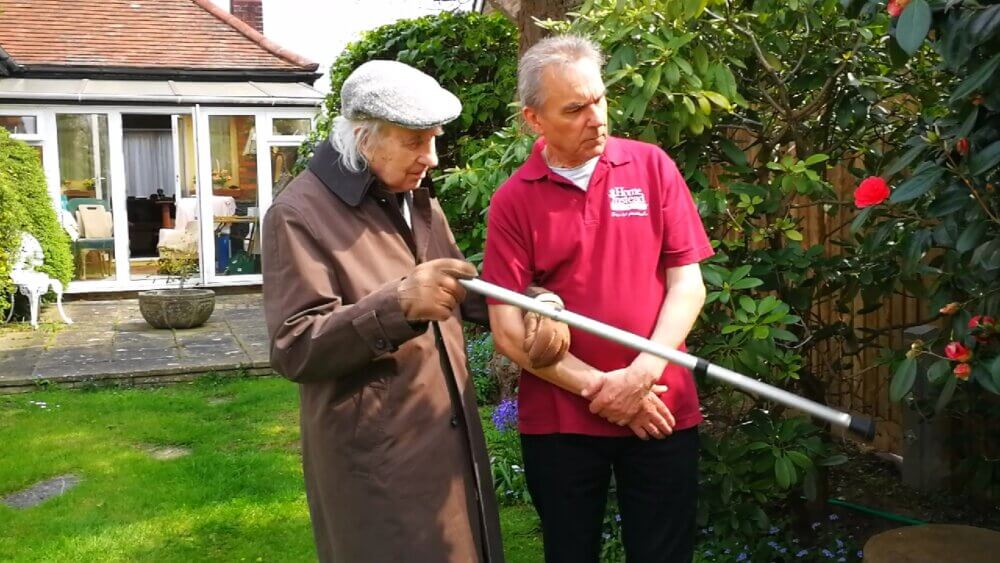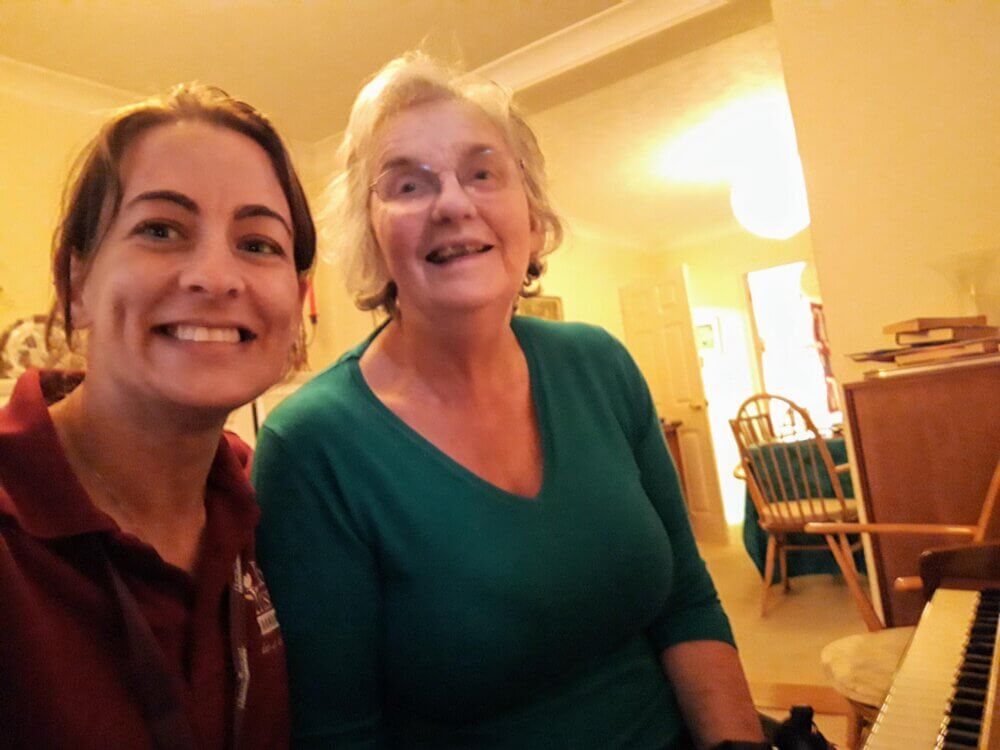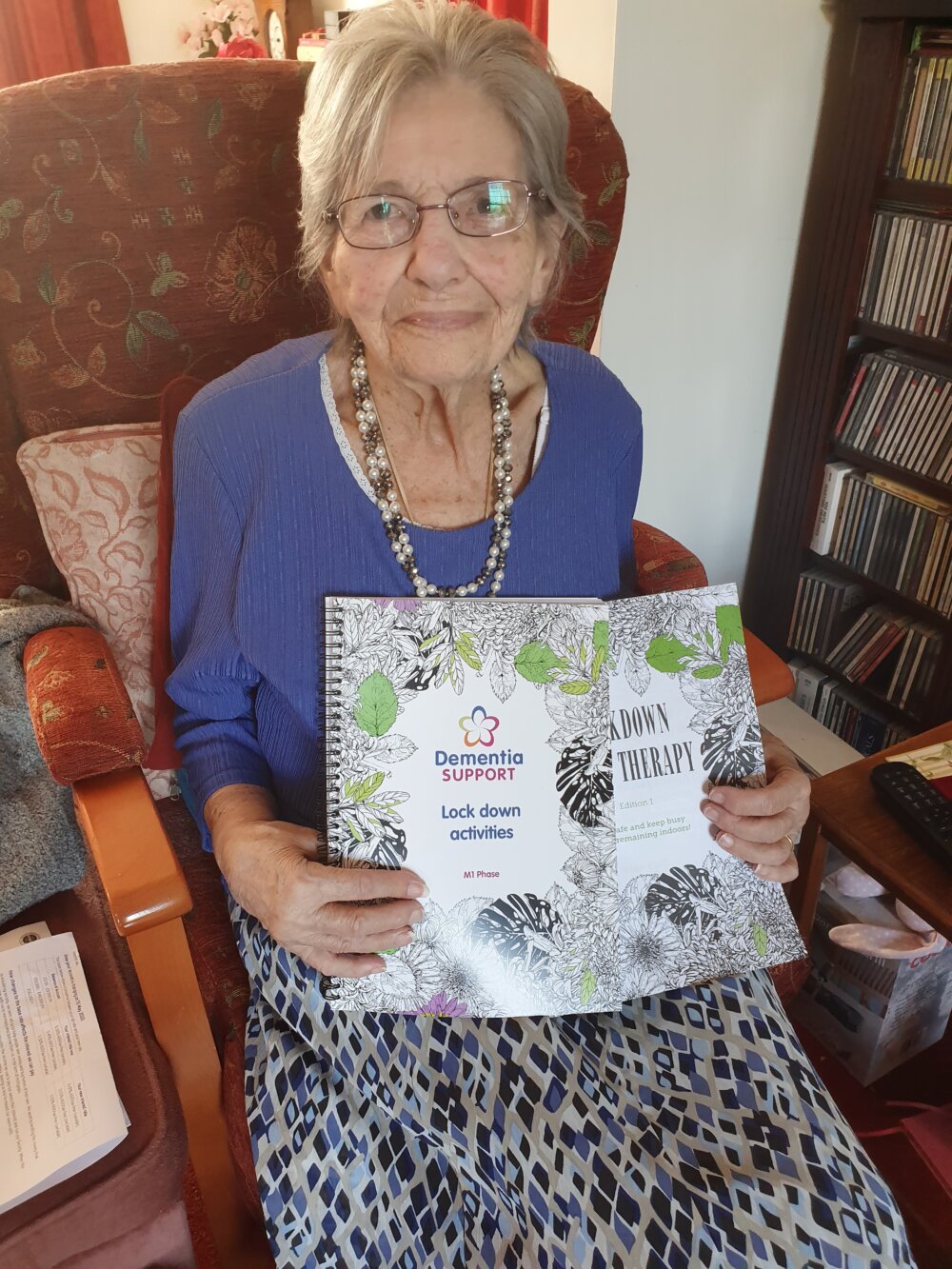Learning more about dementia - insights from Home Instead
Caring for a loved one with dementia can be both rewarding and challenging. At Home Instead, we understand the complexities of dementia care and are dedicated to providing com

Understanding Dementia:
Dementia is a progressive condition that affects memory, cognitive function, and behaviour. It can manifest in various forms, including Alzheimer’s disease, vascular dementia, and Lewy body dementia. One of the key challenges in dementia care is understanding the unique needs and symptoms associated with each type of dementia. At Home Instead, our Care Professionals undergo specialist training to recognize these differences and provide personalized care – tailored to the individual’s condition, their personal history / biography, experiences and preferences.

Communication and Connection:
Effective communication is essential when caring for someone with dementia. As the condition progresses, verbal communication may become increasingly difficult, leading to frustration and misunderstanding for both the caregiver and the individual with dementia. Our caregivers at Home Instead are trained in dementia-specific communication techniques, such as using simple language, maintaining eye contact, and validating emotions. By fostering clear and compassionate communication, we strive to strengthen the bond between caregivers and their loved ones, enhancing their quality of life and well-being.
Managing Challenging Behaviours:
Dementia can give rise to challenging behaviours such as agitation, aggression, and wandering. These behaviours can be distressing for family caregivers and require patience, understanding, and specialized strategies for management. At Home Instead, we work closely with families to develop personalized care plans that address the unique needs and behaviours of their loved ones with dementia. Our caregivers are trained to use non-pharmacological approaches, such as redirection, distraction, and structured routines, to minimize agitation and promote a sense of calm and security.
Understanding what is truly meaningful to a client can also really help – for instance pets can bring a sense of purpose or joy to the day – and a welcome distraction from day to day tasks.

Conclusion
Caring for a family member with dementia is a journey filled with both joys and challenges. At Home Instead, we’re here to support you every step of the way. By understanding the complexities of dementia, fostering effective communication, and implementing tailored strategies for managing challenging behaviours, we strive to enhance the quality of life for both caregivers and their loved ones. If you’re navigating the challenges of dementia care, remember that you’re not alone – Home Instead is here to find a way to help.
Give us a call today if you’d like to learn more – we’re here to help and advise any time 01243 884111
